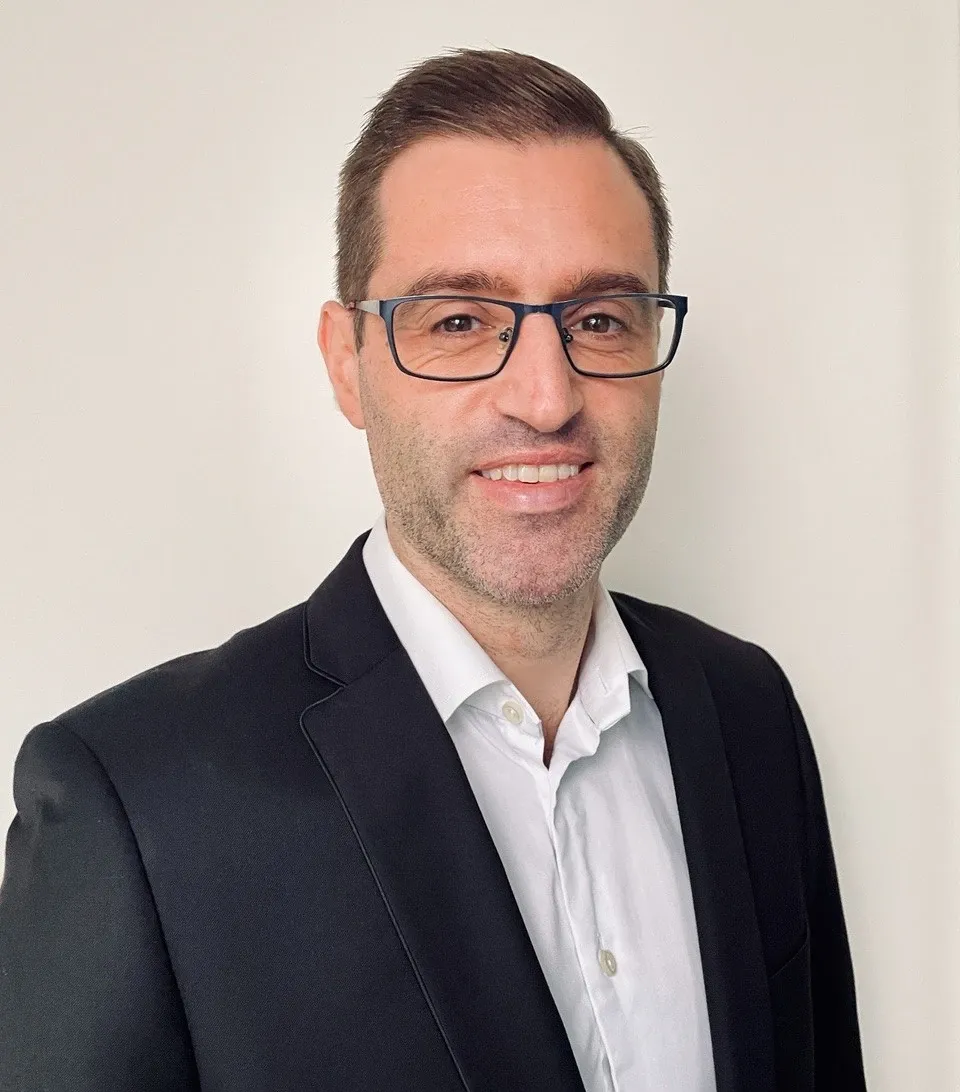“The Clinicum network provides a friendly and supportive space for interdisciplinary exchange”
Meet Nick Tobin, lecturer, principal researcher and docent at the Department of Oncology and Pathology at KI. Nick teaches in the subject area of Bioinformatics, but also runs seminars on various aspects of cancer including its hallmarks and the utility of cancer gene expression signatures in a clinical setting. Nick is one of Clinicum's advisors within Bioinformatics.

Nick Tobin, why are you in Clinicum's method support network?
"Clinicum offers a unique platform to connect with researchers from across KI and KS, fostering a collaborative environment dedicated to improving research projects. The network provides a friendly and supportive space for interdisciplinary exchange, which is an excellent opportunity to both learn from colleagues and use my expertise to enhance their scientific work. Coming from a highly social field like Bioinformatics, where collaboration and discussion are key to advancing science, these qualities of Clinicum strongly appealed to me, says Nick Tobin, lecturer, principal researcher and docent at the Department of Oncology and Pathology at KI.
What does a bioinformatician do?
- Bioinformatics lies at the intersection of biology, computer science, mathematics, and statistics. Broadly, bioinformaticians fall into two main categories: those focused on developing or improving computational tools, such as algorithms for sequence alignment, gene annotation, or statistical analysis for new technologies, and those focused on applying these tools to data to derive meaningful biological or clinical insights. The latter involves tasks like omics analysis, biomarker discovery, and contributing to precision medicine".
"Given these categories, the specific role of a bioinformatician then depends on the type of research group they belong to. Personally, my work focuses on the analysis, interpretation, and identification of meaningful patterns in complex datasets to provide insights into biological and clinical questions".
What type of bioinformatics questions can you be asked via Clinicum?
"The type of questions largely depends on the stage of the project. For early-stage projects, the focus is often on study design, determining the required sample sizes, or selecting the most suitable technology to address the research question. For late-stage projects, where data has already been generated, the questions typically revolve around choosing the appropriate analysis methods or transitioning from raw data, such as gene lists, to biologically or clinically meaningful interpretations, such as identifying over- or under-expressed pathways or mutated genes".
How can I best prepare for a consultation with you?
"This is an easy one! The most important step is to think carefully about your hypothesis. Having a clear understanding of your hypothesis is crucial for us to design the study or interpret your data in the most effective way. Every new project consultation starts with the same fundamental question: “What is your hypothesis?”"
Nick Tobin’s best Clinicum tips:
- Take advantage of the Clinicum’s network in your research work, because it provides a friendly and supportive space for interdisciplinary exchange.
- If you need bioinformatics advice from Clinicum in an early-stage project, the focus will often be on study design. For late-stage projects, where data has already been generated, the questions typically revolve around choosing the appropriate analysis methods or transitioning from raw data.
- clear understanding of your hypothesis is crucial for us to design the study or interpret your data in the most effective Before the Clinicum consultation, think carefully about your hypothesis. Having a way.
